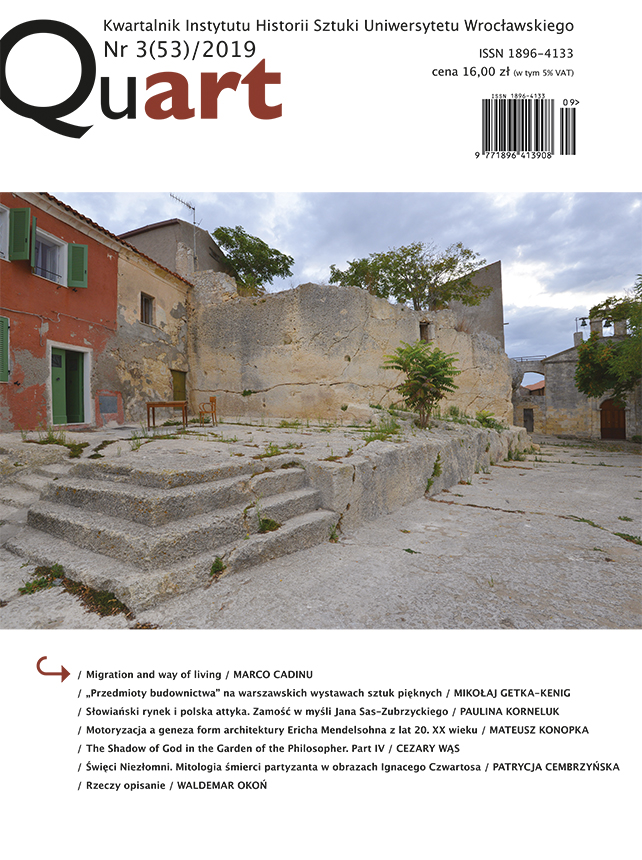

Artykuły

Migration inside Europe from one region to another, between the 12th and 14th centuries, within the same country or to distant and unknown lands, is one of the freedoms that plenty of ordinary citizens can afford. With their families, they follow the fortunes of new plantations, promoted by the thousands with the aim of rationalising the use of the territories, of conquering new lands for agriculture, of opening new commercial routes. Bishops, kings, communes, and lords are the promoters of an extensive practice of urban re-plantations. Other plantations follow the political events and the victories of nations over their adversaries: military conquest is, therefore, the prelude to strong migratory movements. However, those who promote new plantations are very attentive both to the city-planning design and to the regulatory regime granted to new settlers. An error on these plans can lead to the loss of appeal for a new city, with negative consequences on their political and economic strategies. Disappointed or disinterested settlers move their residence and migration project to new cities. Therefore, new cities must be attractive to those who, coming from far away, will appreciate an urban space close to their own way of living.

Utwór dostępny jest na licencji Creative Commons Uznanie autorstwa – Użycie niekomercyjne – Bez utworów zależnych 4.0 Międzynarodowe.